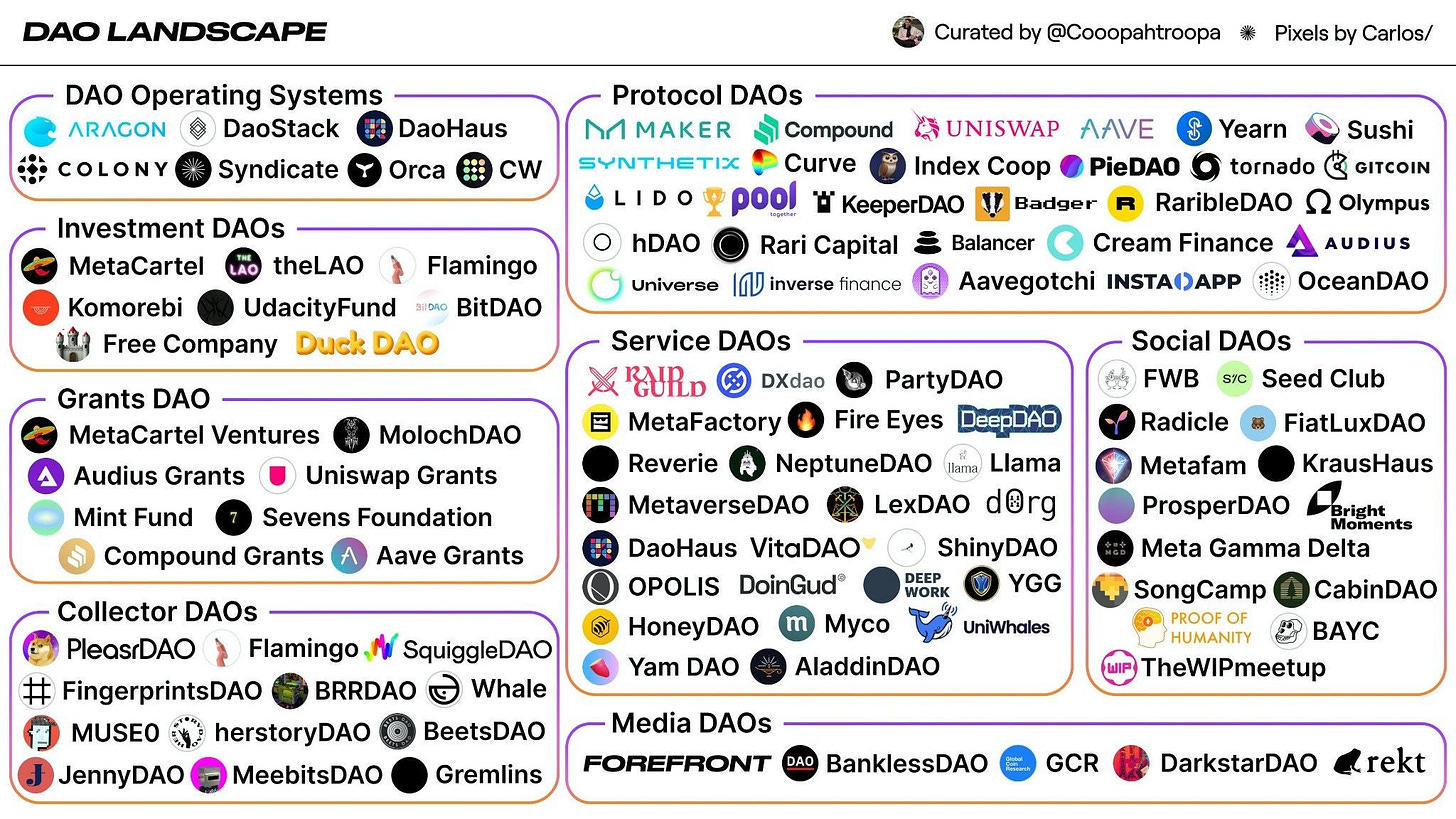Ipê News #5 - Startup Cities Live, Draper Nation for nomads, scams in SEZ, AI economies and more
Your weekly update on what is happening in the Startup Society ecosystem.
Hey builders!
Welcome to our 5th edition of the Ipê News. Every week, we’ll explore the most compelling concepts and projects emerging in the Network State space, from new communities and cities to innovative governance protocols and parallel institutions.
Subscribe for free to receive it weekly in your inbox and join our Discord Server.
🏘️ Community Updates
Highlights from Ipê City, partner communities, or aligned initiatives.
Last week, we kicked off Startup Societies Live, our new livestream series reflecting on the recent news. In the first session, more than 100 people tuned in as Jean, Eric, and Kim shared insights on the future of startup cities. We’ll be back every two weeks on Thursday, bringing fresh conversations and updates from across the Network State ecosystem.
This Tuesday, it’s time for a new Ipe Town Hall, connecting the community and running another Pulse using the Proof Of Collective Action!
🏫 Learning section
Making a DAO?
After exploring tokens, let’s see how they power governance in DAOs? At the most basic level, a Decentralized Autonomous Organization is a community with a shared wallet. Then what’s interesting is to see what a token can unlock for that community when it comes to DAO governance (over a shared treasury).
But as always, practice beats theory, especially when it takes a few minutes and costs almost nothing! Try spinning a new DAO on Aragon, where you can explore different tokens and governance styles. Try fundraising in seconds on DAODAO, and explore the Cosmos ecosystem of DAOs, or just focus on Solana and try Realms.
But if you are serious about building a DAO, then explore DAOHaus with the OG community building on top of MolochDAO. DAOHaus is a DAO itself, where you can stake $HAUS to participate in! For even more info, head to DeepDAO, the ecosystem mapper.
🌐 Network Societies Update
A quick pulse on emerging cities, nomad groups, and experiments shaping the future of network societies.
Most people are familiar with Tim Draper, the American investor, and Draper House, the global startup accelerator program. Fewer people know about Draper TV, which visited Prospera six months ago. Out of this came their Network State program, Draper Nation.
Draper Nation had a passport and multiple embassies around the world for a while (think, someone volunteering to organize gatherings). This year, they started to run hackathons for digital residencies around the world, growing awareness about Network States.
They propose services to nomads as a form of public good for global citizens. And the latest news is the release of a country search engine to help people relocate! Where should you live and work? Ask their AI, it takes 40 seconds!
⚖️ Governance Tools
Exploring mechanisms for coordination, decision-making, and digital governance.
Scammers leverage SEZs
We know scams are on the rise, but did you know they are increasingly targeting Special Economic Zones? The special benefits are perfect for illegal businesses, as long as they can hide the criminal side of their activities.
That’s why there are many guidelines in place for SEZs, but with the rise of global and decentralized technologies, such as Starlink for internet anywhere, it is getting harder to stop anyone from using the available infrastructure, be it for illegal activities.
The challenge is clear: as regions experiment with economic liberalization and digital-first zones, building resilient governance is becoming the priority. Governance provides the checks and balances that ensure innovation doesn’t come at the cost of exploitation. It needs to adapt to the pace of technological change!
🛠️ Web3 Tools
Tech shaping decentralized living, finance, and identity.
A2A on x402! Agentic economies
We recently covered x402, the feeless stablecoin payment protocol, and now Google has adopted it for A2A (Agent-to-Agent) payments, launching the AP2 protocol (Agent Payment Protocol). We are seeing the birth of economies powered by AI agents.
This is not just AI agents with a wallet sending tokens to each other; we are talking about data corporations allowing their AI agents (data holders) to transact with micropayments on crypto rails.
This tech-stack is definitely worth exploring for developers building the future, or for academics trying to understand what AI has in store for us in the future!
🌍 Other Interesting News
Broader movements and stories from the frontier of digital-first governance and societies.
When it comes to fighting centralization, there is no stronger advocate than Logos. The pro-encryption and decentralization group just released a book: Farewell to Westphalia: Crypto Sovereignty and Post-Nation-State Governance.
The book argues that blockchain can reshape governance, drawing on historical parallels — like the role of French banquets in mobilizing social change — to illustrate how small gatherings can spark larger political transformations. It’s a perspective that resonates with today’s pop-up city experiments.
In the spirit of open-source, the book is available for free online, but you can also get a physical copy, or even better: listen to their multiple X spaces.
💡 What is Ipê City?
A Techno-Optimist Community and Governance Lab
Ipê City is an innovative, techno-optimist community and social laboratory dedicated to exploring and experimenting with new ways of self-governing. It serves as a real-world testbed for decentralized and futuristic social models, blending technology, community, and governance in a unique way.
Reply to share your project, join the community, or let us know what you think
Join us:










